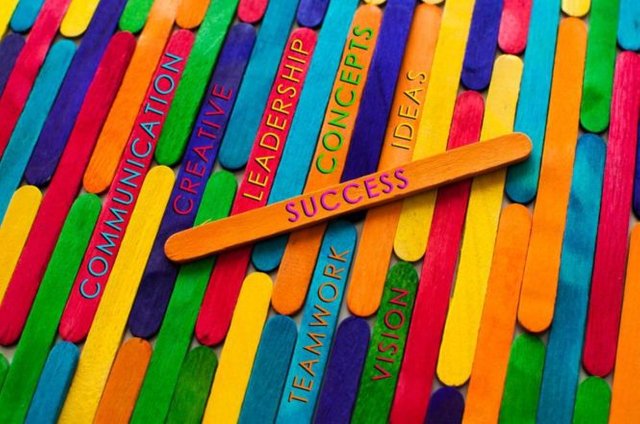Let’s Not Fear The Future — Let’s Create It Together

We live in exciting times, to be sure. The future feels full of opportunity for some but scary and discouraging to others. For those who fall into the latter category, it’s hard to know where to start preparing for such a future, especially as traditional career paths grow less defined every day. Getting a high-school diploma is no longer enough. Stopping with just a college degree probably won’t do either.
Doing nothing isn’t the answer, nor is living in fear of the future. That’s the same message delivered by Stockton, CA, mayor Michael Tubbs at a recent Digital Workforce Development Initiative (DWDI) event co-hosted by my company.
Tubbs may be best known for experimenting with universal basic income in Stockton, but his vision for reinvigorating the city is about more than giving out money. It’s about recognizing that talent is equally distributed, but opportunity is not. As Tubbs put it, just because the future is uncertain, that doesn’t mean we have to be passive victims of it. That’s the message of Udemy too.
To help people reach their full potential, we must invest in them and not just financially. Because there’s so much confusion and uncertainty, individuals need help connecting the dots between their career ambitions and the skills that will help them reach their goals. Then they need guidance on where they can they find resources to help them gain those skills.
In the U.S., we’ve long relied on community colleges as the bridge between academics and career preparation, but we have to do more. Community colleges are having as hard a time keeping up with the latest skills and technologies as everyone else. Moreover, class schedule isn’t always convenient or relevant for working adults who are trying to make career move to better job now.
No single provider or format can meet the reskilling needs of our economy. As the ManpowerGroup’s Becky Frankiewicz says, education and employment used to be separate events, but that’s not the case anymore. That’s why partnerships like the DWDI are so exciting: it connects hungry, self-motivated workers to up-to-date and relevant skills training, career development resources and support, and local employers that are hiring.
Each of these entities needs to be represented and actively participate in order to deliver the right solutions to the right recipients at the right time. Only a multi-pronged approach will work in our complex world.
Traditional education: Attitudes toward colleges are changing, driven largely by outrage over rising tuitions and frustration over lack of qualified graduates. Companies rely on educators to fill the pipeline with job-ready students, but this has led many people to the other extreme of discounting schools that aren’t laser-focused on technical skills. The years of formal education are still important for developing well-rounded, mature individuals who balance hard skills with soft “people” skills like thinking critically, exercising judgment, and having difficult conversations.
Career counseling/placement: Lots of schools help their students understand what career opportunities exist, how to package their skill set to get hired, and where they can go to continue building skills in order to move their careers forward. But new grads aren’t the only ones craving this kind of guidance. Working adults and independent workers (i.e., freelancers and contractors) have more options than ever for continuing their professional development, from online courses and tutorials to in-person workshops and industry events, but they don’t always know the next steps for translating their new skills into new employment. Regional organizations and nonprofits like Samaschool.org are stepping up to fill this void.
Employers: We’re already seeing more openness to non-traditional job candidates, with hiring managers giving less credence to past positions and educational pedigree and more credit for competencies and growth potential. More professionals are seeing the benefits of including accomplishments like completing Udemy courses on their resumes. Companies also striving for greater diversity and inclusion, casting a wider net to bring in people with gaps in their work history due to family care or military service. Still, we’re just at the beginning of this trend and hope to see more organizations recognize that real, impactful learning can happen virtually anywhere and great employees can come from anywhere.
Adult learners: Finally, as all of these other pieces are put in place, the onus is still on students to take advantage of available resources and accept that they’ll need to keep upskilling over the course of their entire careers. Getting hired is just the beginning of the journey. The job’s going to change, employer expectations will change—people will need put forth the effort to change too.
Change is hard for all of us and impossible unless we embrace it change as opportunity. The future of work is coming for all of us, and we all need to be part of the solution. When stakeholders join forces and when opportunity is spread equally, people can see how their efforts may pay off. And that’s a lot less scary than passively waiting for it to happen.